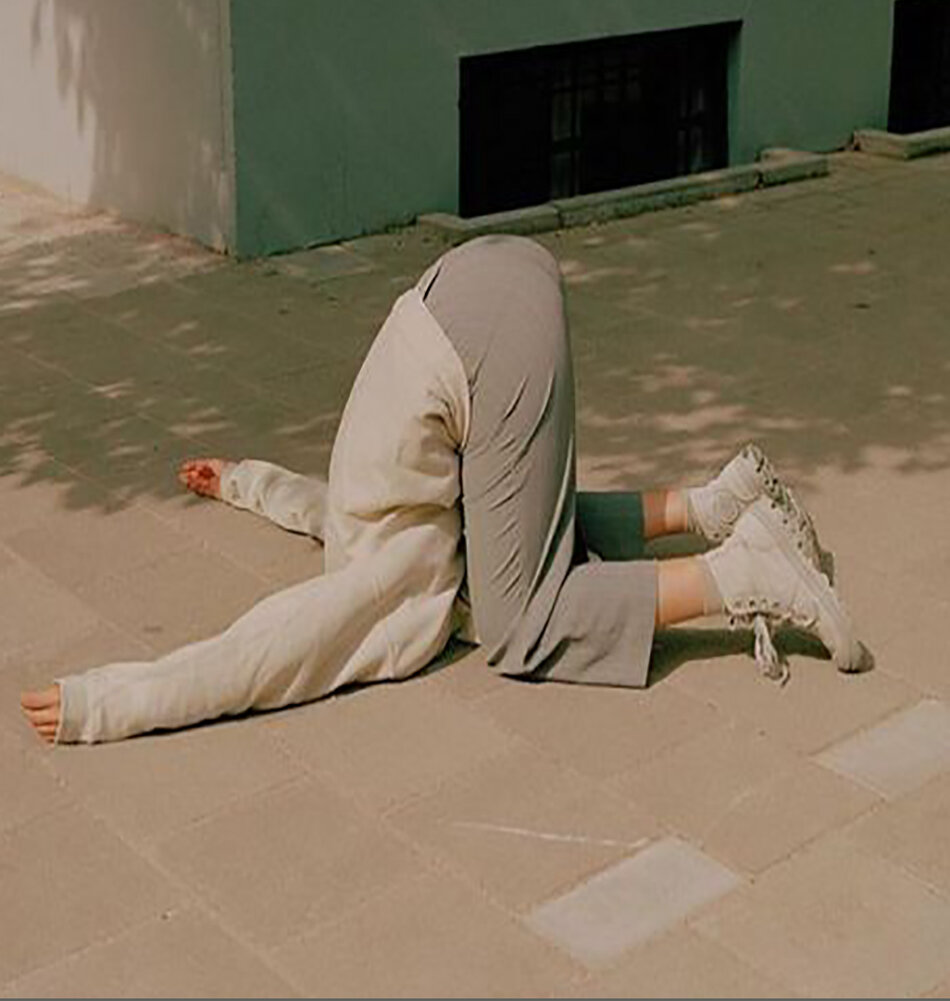Different Kinds Of Grief We All Experience And How To Recognize Them
The Merriam-Webster dictionary describes bereavement as, “the state of being sad because a family member or friend has recently died.” And while the term is most often associated with death, we can feel bereavement following all different kinds of grief over loss.
Death
As mentioned, death is heavily correlated to the term bereavement. You may feel a period of sadness following the passing of a friend, family member, pet, or acquaintance. However you may also feel surprising emotions, such as anger, helplessness, and fear. Understanding that a range of emotions accompany this kind of loss is crucial to healthy grieving.
Divorce
Divorce is another form of significant loss that can result in similar emotional and physical responses as death. Through divorce, you lose a relationship that played a big role in your life. You also lose a part of your own life, which was built alongside your significant other. This can lead to some challenging emotions that often mimic the death of a loved one in many ways. Seeking out the right support such as a mediator, support groups, therapy, and the right legal team can help protect you against some of the more toxic side effects of divorce. Leaning on friends and family is also a huge asset and can help remind you of the light at the end of the tunnel.
Severance of Other Relationships
Bereavement isn’t exclusive to the loss of a romantic relationship, however. Many people experience great bouts of sadness after breaking things off with a close friend or losing a friendship over time. Similar to divorce, a great deal of the grief comes from losing the part of yourself that you cultivated with a close friend. Understanding that this is a natural reaction and giving yourself the grace to go through is essential for maintaining a healthy mindset throughout the experience.
Job Loss
Regardless of how motivated you felt at your job or how much you hated it even, you may feel emotionally drained after losing it. Job loss can incite feelings of inadequacy, betrayal, insecurity in skillsets and also feel quite personal. Separating our identities from our jobs is a good preventative measure - but also understanding that we will go through a ‘period of mourning’ is a good way to be gentle with ourselves in the process.
Losing a Personal Goal or Dream
Axing a personal goal or dream can be a devastating experience. Some people have to lay their ambitions to rest due to logistical reasoning, whether it’s a matter of finances; physical, mental, or emotional state; or other circumstance. No matter the reason, it’s a saddening occurrence and more common than the world lets on. Refocusing on new personal goals or dreams can be a good way to lessen the blow. Recalibrating to a growth mentality over a fixed mindset is another helpful tool for getting through the emotional effects of losing a dream.
Violence Against A Community
Given the expanse of social media, we are now more exposed to the hardships and cruelties of the world around us. This includes witnessing hateful violence against marginalized individuals and communities. While we may not know those being attacked personally, the acts themselves can often feel as though they are personal - especially if you are a part of a marginalized group yourself. Understanding that how you feel about these types of aggressions and violence is real and giving yourself space and time to both grieve and heal is incredibly important. Emotional trauma can be experienced on a very physical level and honoring that is an imperative form of self care.
Emotional Effects of Bereavement
There’s no right or wrong way to emotionally respond to loss. Following the most common causes of bereavement, everyone has a unique recovery process. Some common emotional responses when experiencing bereavement include the following:
Sadness, feelings of being depressed
Anger, irritability
Numbness, shock
Disbelief
Avoidance
Explore the different stages of grief and how to work through them to understand which coping methods might work best for you.
Physical Effects of Bereavement
Grief has the potential to affect your physical wellbeing on top of your emotional state. A few physical effects you may experience after a loss are as follows:
Headaches
Fatigue
Digestive issues
If your emotional or physical symptoms of bereavement for any kind of loss persists, speak with your doctor. Together, you can create a coping and recovery plan that works in your favor.





A Thoughtful Misfit is a woman who doesn't fit in boxes - from how she dresses, to the way she lives, to the way she chooses to mother and to love…